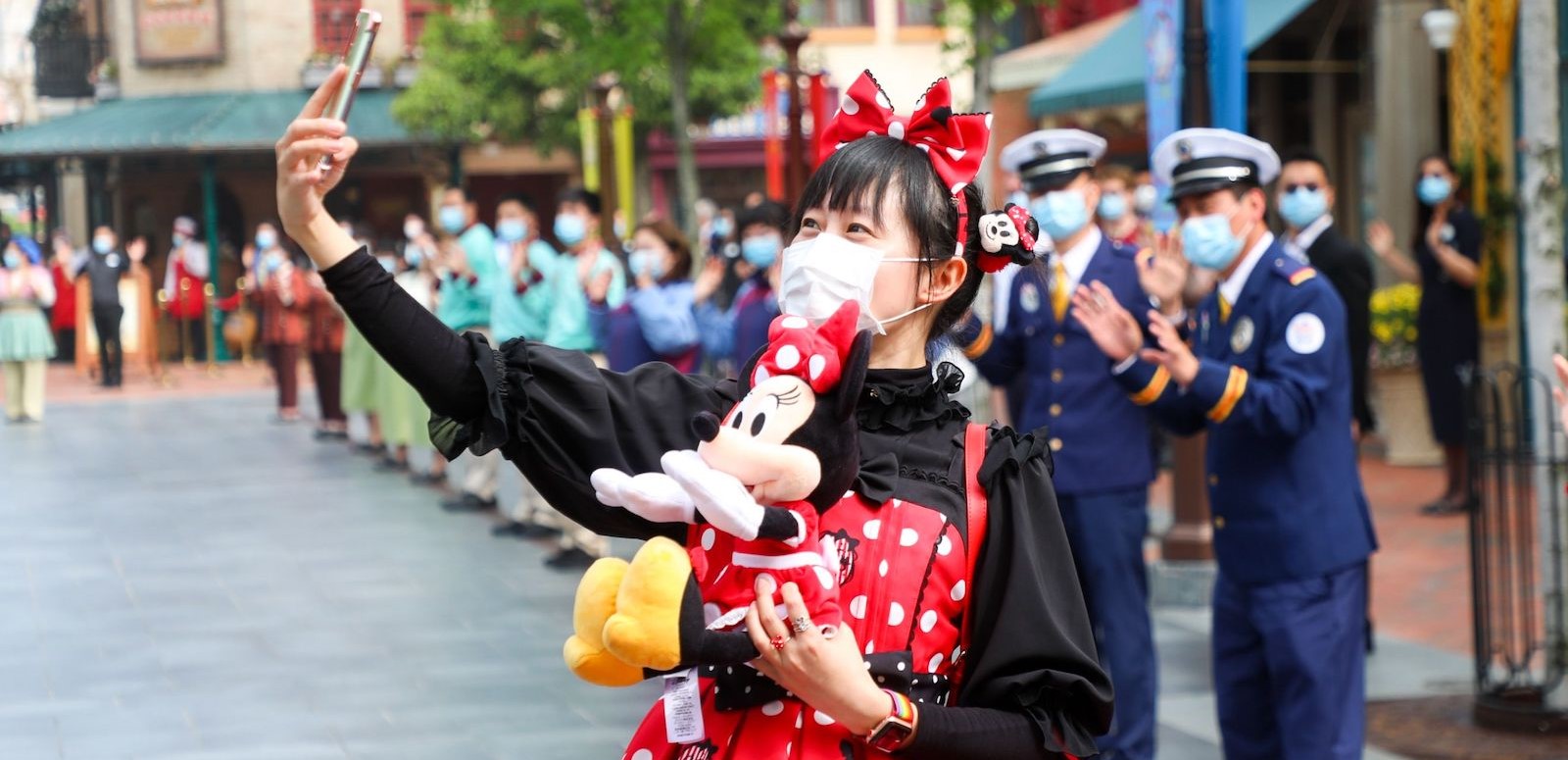

Aug
On more than one occasion, China’s successful containment measures have been presented as a significant victory, oftentimes in stark contrast to the manner in which the proverbial West has tackled the COVID-19 problem. Compared to China, it goes without saying that the West has been slower and less firm to react, with the costs proving to be much greater as a result.
But is this picture genuinely complete?
Furthermore, what are the implications when it comes to the economic recovery dimension? China has indeed proven to be more competent at tackling the issue medically speaking and logistically speaking, but does this also mean it is much better-positioned when it comes to recovery scenarios compared to the West?
The answer to both questions is, unfortunately, no.
When it comes to the first one, it is important to embrace objectivity when analyzing the COVID-19 response and understand that while for example China has without a doubt done a much better job on the containment front, the same cannot be stated about the prevention dimension, especially in the earliest stages. Unfortunately for all stakeholders involved, China has initially downplayed the severity of the threat by a wide margin, with the authorities (in true CPC fashion) choosing to sweep the issue under the rug and punish those who have made coronavirus-related problems public. Furthermore, we need to understand that the post-containment numbers themselves might not necessarily be amazingly accurate but rather on the (very) optimistic side. As such, no, any picture that revolves around the idea that the entire endeavor represents a glorious success of (the Communist Party of) China is most definitely incomplete.
Moving on to the second issue, let’s just say that the economic recovery dimension is multiple orders of magnitude trickier than meets the eye and to understand this, we need to come to terms with the fact that China-related problems represented perhaps the number one reason why the COVID-19 situation was far more problematic in the West.
For the most part, we are referring to supply chain reasons. More specifically, to the fact that extremely wealthy Western nations found themselves dependent on either final product imports or at least imports with respect to vital components as far as much-needed medical equipment was concerned. Had medical equipment been plentiful enough in the West, initial containment would have been multiple orders of magnitude easier, at least from a logistical perspective. Instead, we had images of New York City doctors who earned six figures yearly being forced to wrap plastic garbage bags around their legs in the absence of alternatives, something Western leaders consider unacceptable.
As such, in the opinion of the ChinaFund.com team at least, China’s economic recovery will be hindered not necessarily by the effects related to the shutdown itself (although, of course, those are indeed more than serious as well, with economic shutdowns having dire implications) but rather by the geopolitical implications of the 2020 development.
The idea that Western nations will simply shrug and move on as if nothing happened is childish at best, especially in light of the fact that 2020 is an election year in key jurisdictions such as the United States. What is far more likely to happen is politicians pinpointing China as the main culprit that needs to be punished for the entire situation, for reasons which range from the fact that the virus itself came from China and might have been avoided if the authorities would have been more prudent when it comes to controversial wet markets for example to reasons that revolve around the West’s problematic dependence on Chinese imports.
On the one hand, the West has been enjoying affordable Chinese imports for not years but decades, with businesses also finding it convenient from a bottom line perspective to move at least certain departments to China. However, 2020 revealed more or less ignored problems associated with this reality, problems pertaining to excessively complex supply chains. More specifically, the COVID-19 situation caused major bottlenecks pertaining to China and as a result, just when medical supplies were needed the most, they became either excruciatingly expensive or unavailable altogether. Needless to say, such situations will be considered unacceptable moving forward, with Western decision-makers doing their best to tackle this issue.
And in the spirit of tackling the over-reliance on China issue, it is worth pointing out that a wide range of Western businesses have been so affected by the effects of economic shutdowns that they ended up depending on government assistance. Needless to say, “bailouts” have never been popular and now more than ever, the opportunity emerges for them to come with strings attached. For example, financial aid being conditioned, with the authorities demanding that the companies on the receiving end of various bailouts commit to moving as much in the way of production back home as possible.
Furthermore, we need to understand that China is not yet considered a risk-off jurisdiction. In fact, we have dedicated an entire article to explaining just that, an article which can be accessed by clicking HERE. As such, the market is willing to tolerate far more if you are let’s say the United States (including injections of trillions of dollars into the financial system and this time around, even “real” economy) than if you are China.
For these reasons and quite a few others, we have to be realistic and understand that China’s recovery will be far more complicated than that of Western nations. Does this mean it will be impossible? Of course not, it simply means that those who are either holding Chinese assets or are manifesting interest in gaining exposure to some down the road need to be prepared for a bumpy road. As much potential as there is in China (and, make no mistake, there most definitely is!), the road to long-term sustainability and prosperity will be paved with many challenges and in our view, the COVID-19 situation is most definitely a textbook example of just that.
